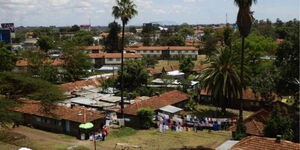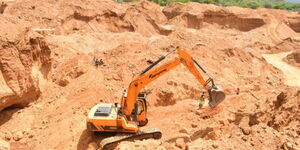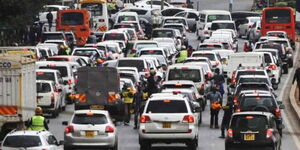Kenya is in a race against time to meet strict European Union regulations or risk losing one of its most lucrative export markets for coffee.
On Tuesday, July 15, the Ministry of Agriculture issued an urgent directive to relevant agencies to fast-track compliance with the EU Deforestation Regulation (EUDR), or risk losing up to Ksh90 billion in coffee exports.
The EUDR, which was adopted on April 19, 2023, requires all coffee exported to Europe to be verifiably free from links to deforestation, legally sourced, and traceable to exact geographical locations.
With this regulation in mind, Kenya now faces a major logistical challenge, as the government has heavily relied on the EU as a top destination for Arabica beans.
In a briefing to Agriculture Cabinet Secretary Mutahi Kagwe, it was revealed that Kenya exported 122,699 metric tonnes of clean coffee to the EU over the past five years, earning the country nearly USD 695.7 million (about Ksh90 billion).
According to government and industry estimates, this represents nearly 60 per cent of Kenya's total coffee exports.
If Kenya fails to comply with the EU Deforestation Regulation (EUDR), which comes into effect at the end of 2025, it would result in the drying up of a key revenue stream, ultimately affecting over 800,000 farmers.
To avert this possibility, Kagwe has directed various agencies, including the Kenya Forest Service, the Kenya Space Agency, the Directorate of Resource Surveys and Remote Sensing, and the Coffee Directorate, to gather the necessary resources to meet the EU deadline.
The government's goal is to achieve full compliance by November 2025, a month before the EU’s enforcement date of December 30.
With the timelines in mind, the government now has only a few months to establish a traceability system capable of tracking Kenya’s coffee batches to their point of origin, to verify that they were not grown on recently deforested land.
The EU Commission has previously stated that these regulations are aimed at curbing deforestation on a global scale, often driven by agricultural expansion.
Notably, countries such as Brazil, Vietnam, and Ethiopia are also grappling with similar timelines. However, Kenya’s slow transition to digital agricultural technologies makes the challenge more complex compared to coffee exporters in more developed economies.












